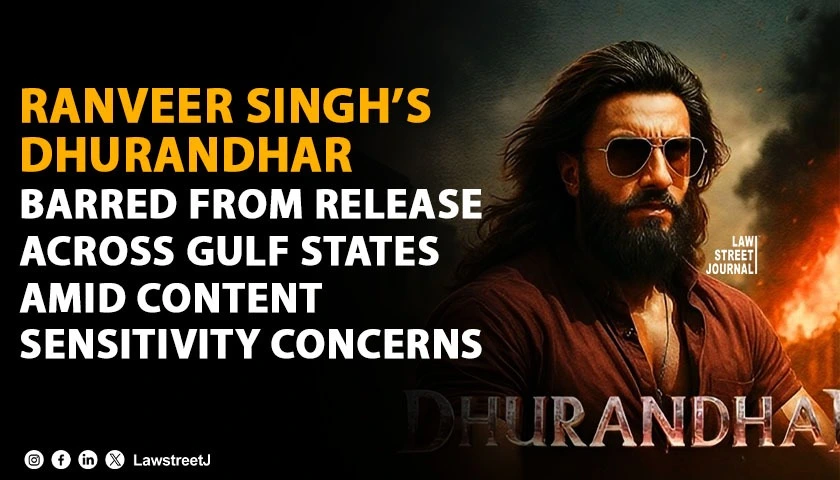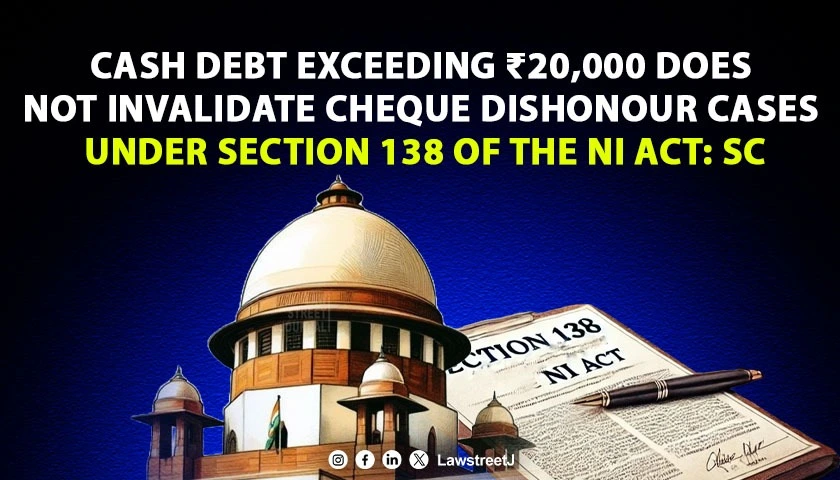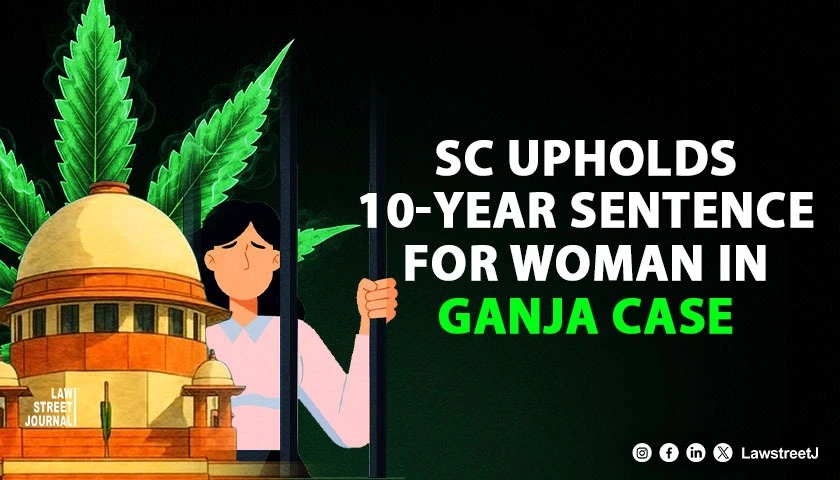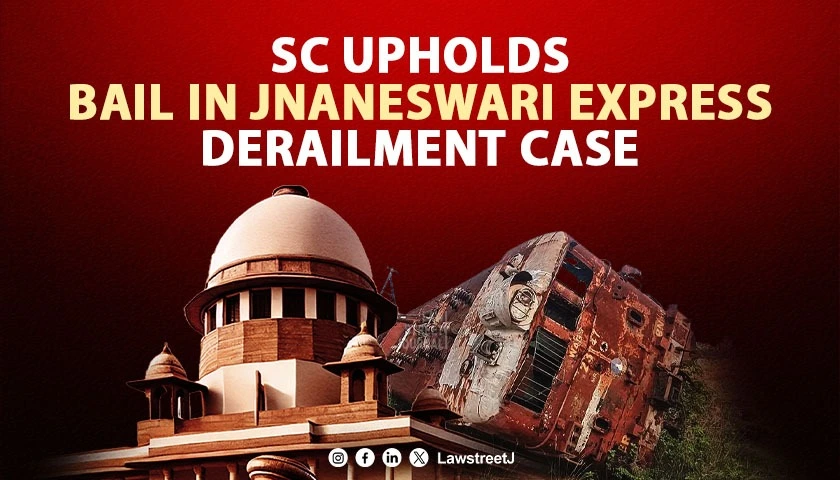NEW DELHI: The Karnataka High Court has declared that a court cannot order DNA test second time at the instance of the husband to let him escape liability of paying maintenance to the wife and child.
Justice M Nagaprasanna rejected a man's plea against an order by the Additional District Judge, Family Court, Bengaluru who has dismissed his plea for DNA analysis for the second time.
If the application of the petitioner is permitted and a second DNA test is directed to be conducted, it would be putting a premium on the litigative persistence of the petitioner in seeking a test until a report comes in his favour, the court said.
"Even the first effort to obtain a DNA report was on consent, it is therefore, the court had permitted DNA test. There can be no question of second DNA test, merely because the husband wants to somehow prove the adultery and to escape any liability of taking care of the wife and child," the court said.
The petition ought to have been dismissed with exemplary costs. "This court is holding its hands only on the ground that the parties are at large in a divorce proceedings and this should not further burden the petitioner/husband," the judge said.
The court dismissed the petition challenging the rejection of application for sending the DNA samples to FSL, Hyderabad for a second test.
It is settled principle of law that the court cannot compel parties to undergo DNA test for the second time. The earlier DNA test which has emanated from government hospital/laboratory cannot be treated as doubtful or set aside, merely on the outlandish vague allegations of the petitioner, since the result of the earlier test is against him and when there is already a DNA test available, there can never be a need for DNA test over again, unless a reasonable degree of suspicion on the report comes about and in exceptional circumstances, the court said.
The petitioner got married in May 2010 and a girl child was born in September 2011.
Subsequently, the petitioner filed a petition before the family court seeking annulment of marriage.
During the course of evidence, the petitioner filed an application seeking a direction for the DNA test doubting paternity of the daughter.
The family court allowed the application based on the consent by the wife and the blood samples were sent to FSL, Bengaluru.
As the report confirmed the petitioner as the biological father, he filed another application contending that it was the director of FSL, Bengaluru, appointed as the court commissioner, who had to conduct the test and not the doctor who was only a subordinate to the director.
He approached the high court when this application was rejected by the family court.
The High Court, however, noted that tests in the laboratory are being done by qualified doctors, verified and endorsed by the director.
Advocate S G Hegde appeared for the petitioner.

![Can't order second DNA test to let husband escape liability of wife, child: Ktka HC [Read Order]](/secure/uploads/2022/12/lj_6245_e06ff8f6-321d-4faf-9f8c-ed0824702bfa.jpg)





